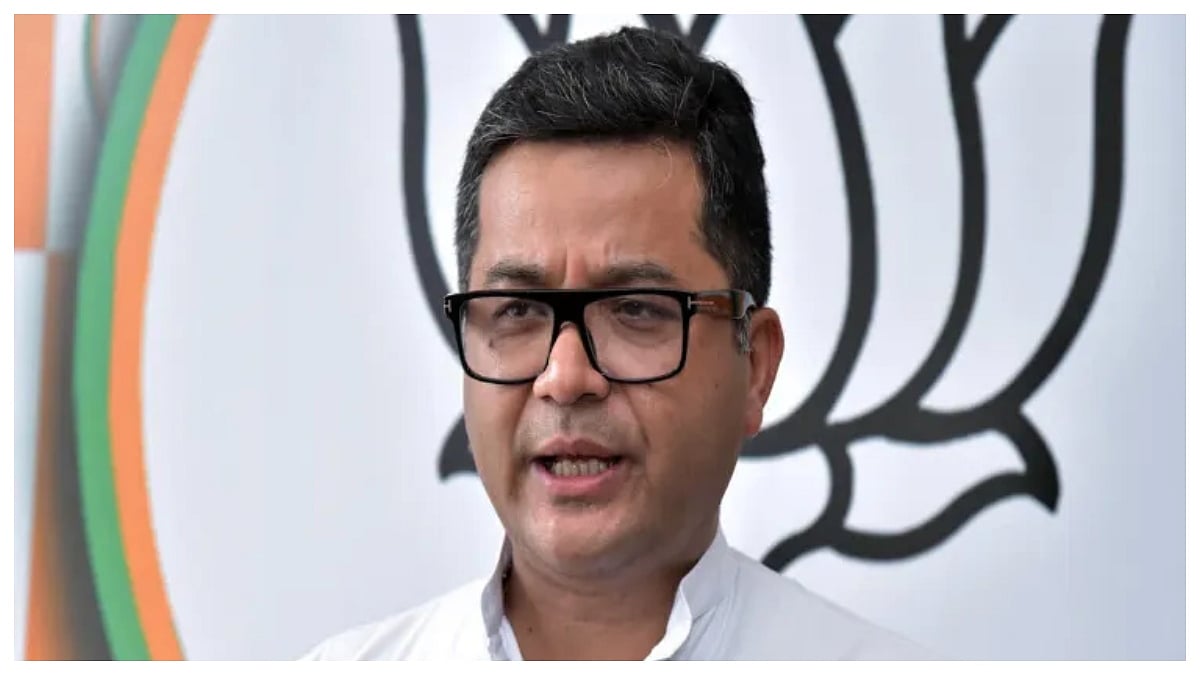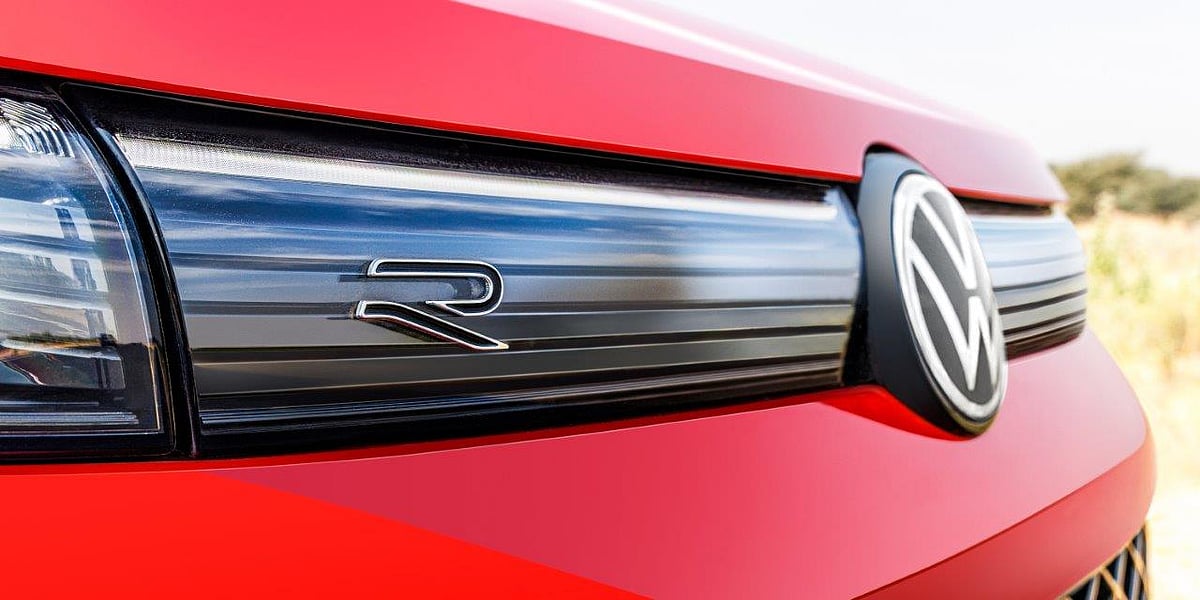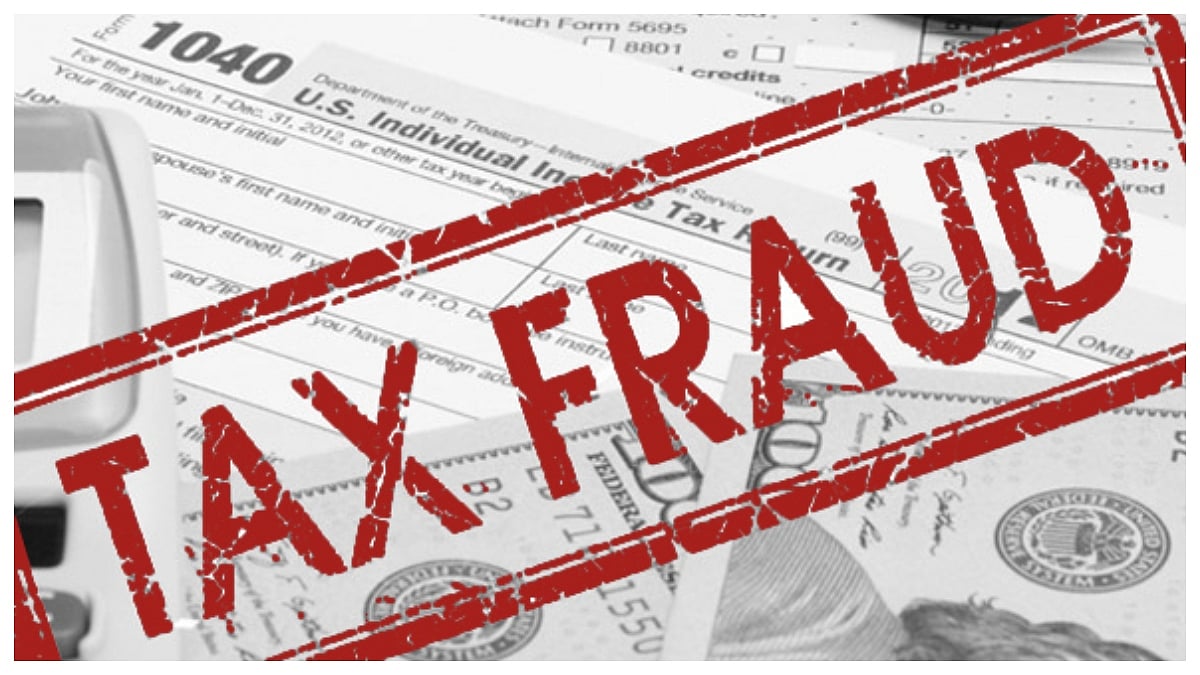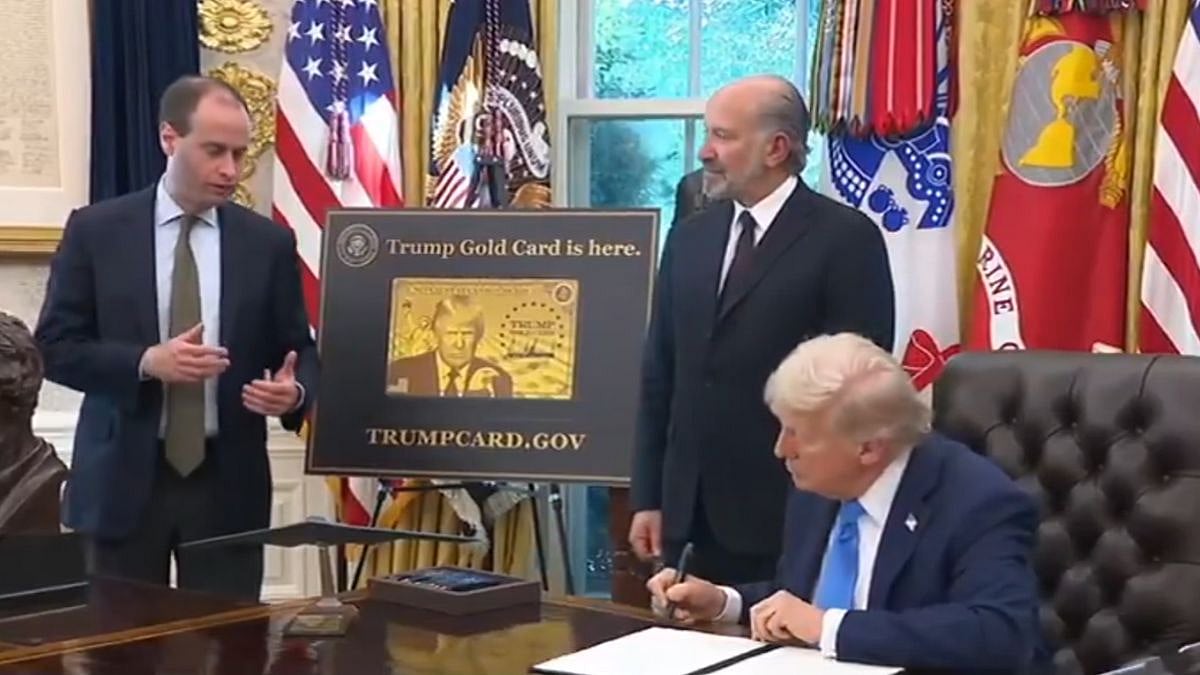Mumbai: Maharashtra Chief Minister Devendra Fadnavis announced on Wednesday in the state council that the government has decided to withdraw the six per cent tax on electric vehicles (EVs) priced above Rs 30 lakh, as was initially proposed by Deputy CM and Finance Minister Ajit Pawar in the annual budget for 2025-26.
The chief minister made this announcement while responding to a question by Shiv Sena(UBT) legislator Anil Parab during a discussion on EVs and air pollution.
Deputy CM Ajit Pawar had said that the six per cent tax on EVs priced above Rs 30 lakh was part of its move to mop up additional revenue. However, the auto industry and other stakeholders had urged the state government to withdraw the 6 per cent tax, especially when the Centre and the state government are promoting the use of EVs to address the pollution issue.

The original proposal, part of the state budget for the financial year 2025-26 announced on March 10, included the 6 per cent tax on EVs above Rs 30 lakh. In addition, the budget also proposed a 1 per cent hike in tax for CNG and LPG vehicles, as well as a 7 per cent tax on construction vehicles and light goods vehicles (LGVs). These tax changes were expected to come into effect on April 1, 2025.
However, following public and political backlash, particularly over the proposed EV tax, the Maharashtra government has decided to retract the tax on EVs to encourage the adoption of electric mobility and support the shift towards cleaner energy. The decision to withdraw the EV tax aims to support the state's goal of reducing carbon emissions and promoting the use of electric vehicles in line with national sustainability targets.
Despite the withdrawal of the EV tax, the Maharashtra government has decided to proceed with the other proposed changes. These include the 1 per cent increase in taxes for CNG and LPG vehicles, which are considered less environmentally friendly compared to EVs, and the 7 per cent tax on construction and light goods vehicles, which are more likely to contribute to pollution.
The tax changes are expected to be implemented starting April 1, 2025, with the exception of the EV tax, which has been withdrawn following the government’s reconsideration.












